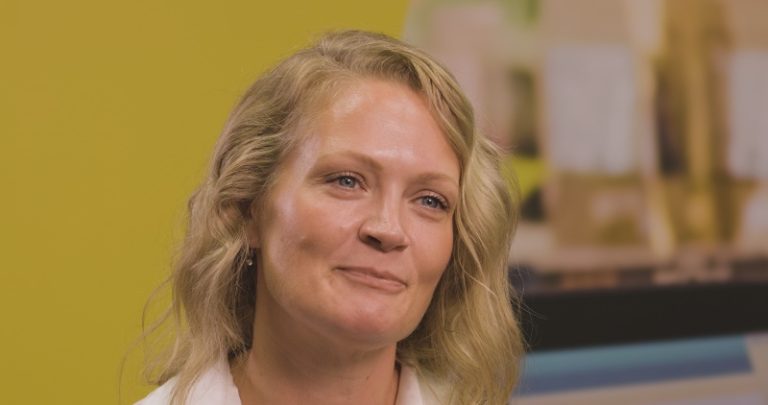What to look for when comparing universities
What to look for when comparing universities

There's more to choosing a university than just picking a course. Ben Maples from University Compare explores how other factors can have a surprising impact on your university experience and future prospects.
Campus vs. city universities
Campus universities such as Warwick and Sussex are usually located some distance from the nearest city. The campus generally contains all the university buildings as well as some student accommodation and leisure facilities, although students in year two often move out to housing in the local town.
City universities, on the other hand, are located in – you’ve guessed it – a city. University buildings are sometimes clustered together but in other instances can be scattered around the town so it’s worth checking out where you’re likely to be based. Student halls and housing are often grouped in a certain area which can be some distance from the university itself.
Campus universities generally offer a more contained experience which can make it easy to meet other students and adjust to living away from home but some people can find this stifling. Going to a city university can give you a greater connection with the local community, or at least a sense of life beyond the lecture theatre.
Location in the UK
If you see going to university as an opportunity to move away from home, it’s still worth considering how often you might want to travel back, how long it will take, and how much it will cost. How easy will it be to get to anywhere else you want to go? Travel costs can really add up over the course of a year and there’s a big difference between being able to pop home for an afternoon or being a full day’s travel away.
City type
If you’re looking for a buzzing nightlife and end up in a sleepy city, or the other way around, you may not get the experience that you’re looking for. Go and visit or check out an open day to soak it up.
Cost of living
The cost of things such as rent, going out, local travel, and insurance range widely across the UK and can make a big difference to the money you have in your pocket or your levels of student debt.
London is recognised as being the most expensive place to be a student. As a rough guide, living costs in the south are often higher than those in the north and midlands, but it does vary. Edinburgh, for example, has a relatively high cost of living. A quick online search can give you a rough idea of average student rents or the price of a pint by city.
University type
There are lots of different types of universities. These are sometimes grouped together to promote member universities’ interests in certain areas of study, teaching and funding. Types include:
- Russell Group – an association of twenty-four leading universities, mainly research-led.
- University Alliance – a group of business-focused universities which aim to drive innovation and enterprise growth.
Cultural differences may also sway your decision. Some universities have a particularly active political scene or a strong reputation for sport, others have a really strong student union with lots of societies and nightlife options.
University rankings
Rankings are produced by a range of different organisations and exist for both individual courses and universities. Look out for categories such as graduate employment or student satisfaction. Bear in mind that figures alone won’t give you the whole picture – employment figures relate only to six months after graduation and how you value your degree in ten or 15 years’ time is likely to be different from how you answer a student survey at the end of your course. That said, taken into consideration with the other factors above, they can provide a valuable guide to your university choice.
Ben Maples is the digital and PR executive at University Compare, a university comparison website.
See more on university choices
Eight questions to help decide if university is your next step





